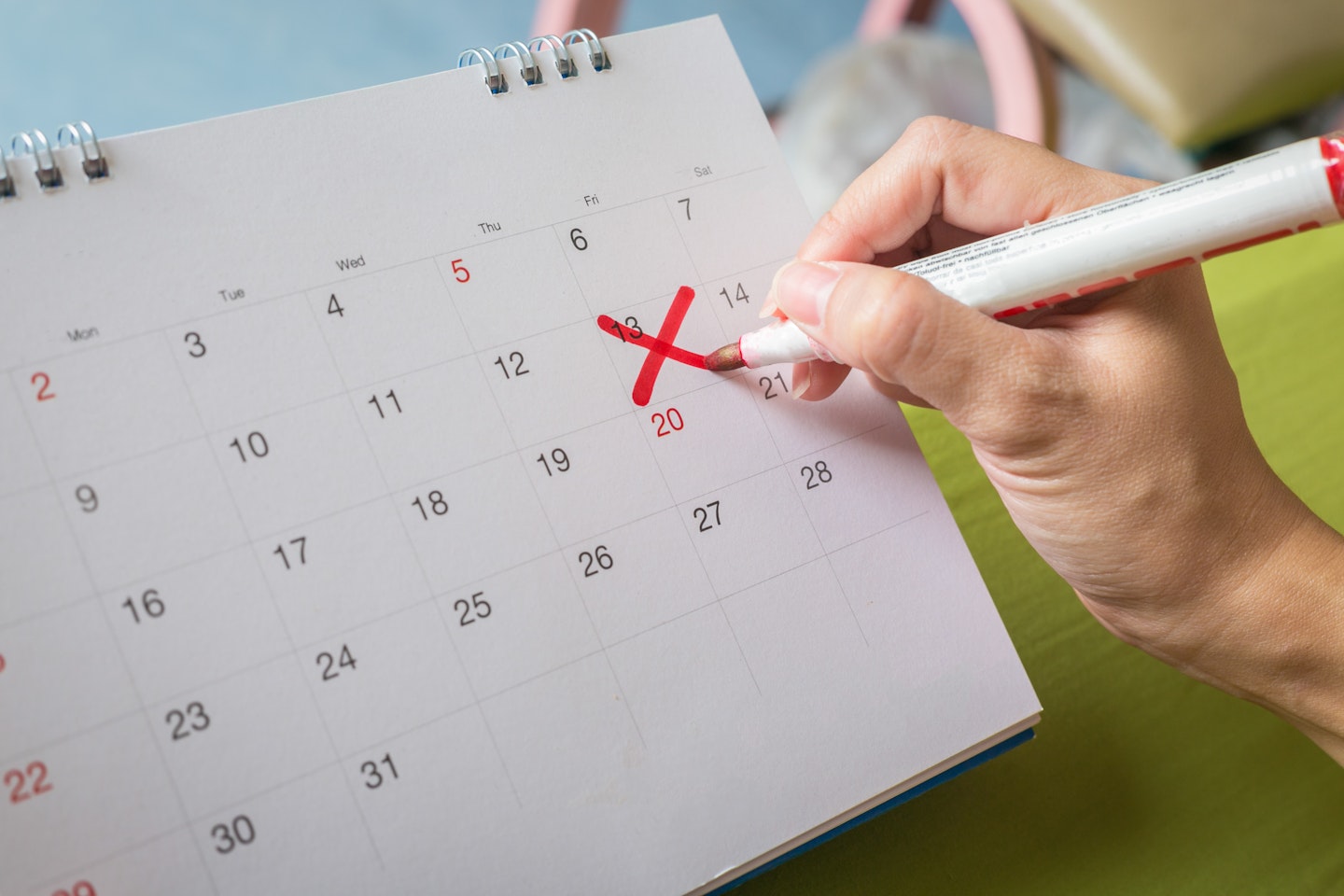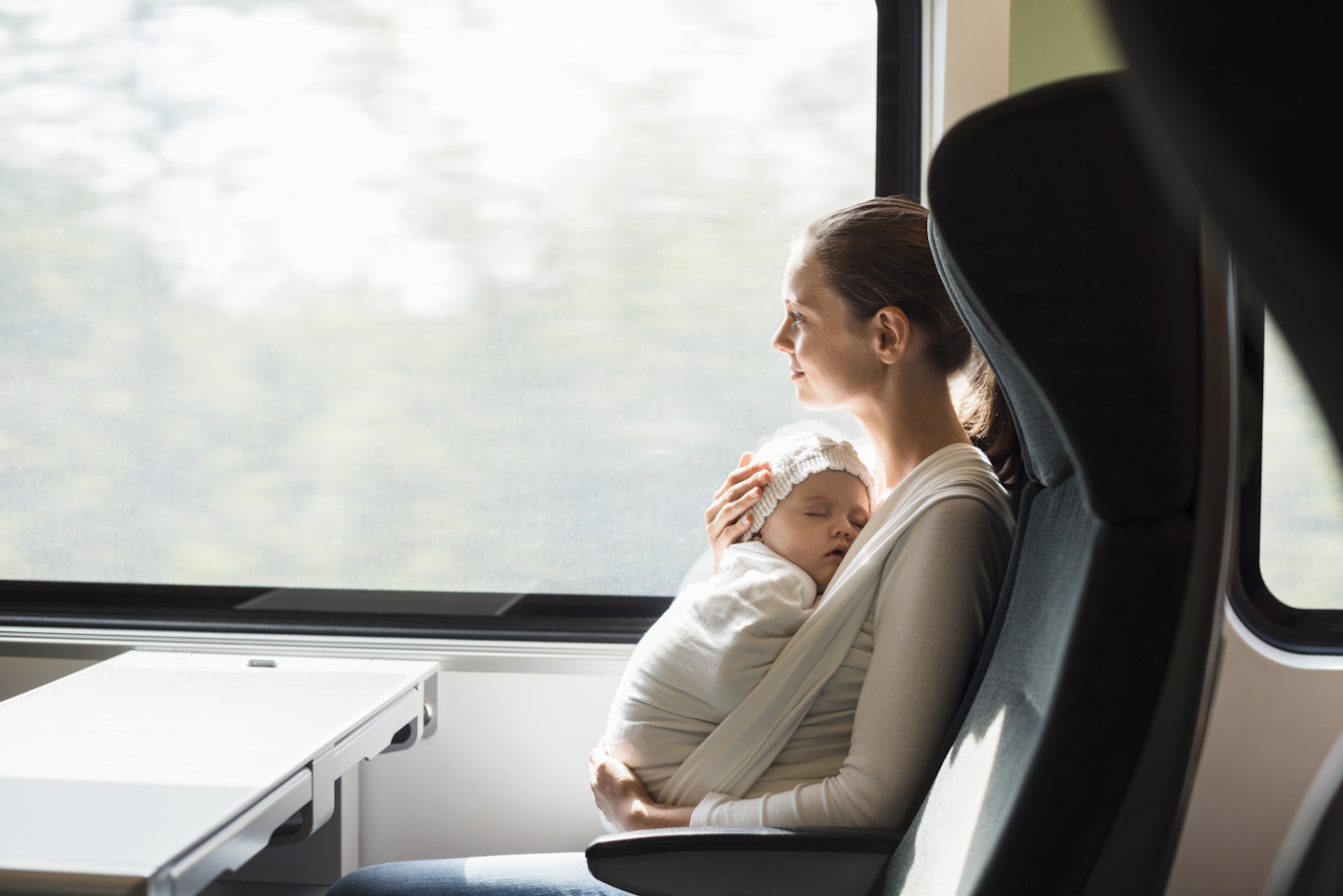Pre-baby, perhaps you thought nothing of jumping in a car or aboard a train with a weekend bag and travelling hundreds of miles to visit your family, or in-laws.
These days, with an extra person in your party – who, by the way, has the luggage demands of an A-Lister, long journeys are a different prospect entirely.
Here’s how to make long-distance family relationships thrive.
Long distance family
 1 of 11
1 of 111) Ready-made holiday
When you are packing up what feels like half your house, you may as well take advantage of maternity leave and spend longer than a couple of nights away.
 2 of 11
2 of 112) A change is as good as a rest
A set of fresh surroundings will do you the power of good, too. An extra pair of hands at bath time, a willing pram pusher and maybe even a babysitter…
 3 of 11
3 of 113) Quality time
Far away grandparents might feel short-changed with the contact they have with your little one but it’s worth explaining that, if you go and stay, or they come to visit, they have dawn til dusk hands-on baby time.
 4 of 11
4 of 114) Inked in the diary
Nearby relatives are sometimes only seen casually which can mean missing each other and only getting snatches of time together. Seeing long distance relatives means planning ahead and some guaranteed family time.
 5 of 11
5 of 115) Feel the fear
Family hundreds of miles away means you need to get on with it and start doing long journeys, even with a young baby.
 6 of 11
6 of 116) Go off peak
You don’t (yet) have the demands of school timetables and term dates to worry about. Booking train travel for less busy periods will make the journey less stressful and avoiding rush hour while in the car will hopefully mean less time sitting in queues with an angry passenger in the back seat!
 7 of 11
7 of 117) Make it fair
Your family need to travel too so attempt to keep things equal so it’s not always you loading up the car, ready for a mammoth journey…
 8 of 11
8 of 118) Take a break
Thanks to the recommendations about little ones in car plus other pressing matters like feeds, nappy changes and toilet training toddlers, you won’t be making any record breaking journey times. Accept this, plan where to stop and pretty soon, your service station knowledge will be second to none.
 9 of 11
9 of 119) Practise makes perfect
Right now, the idea of a super-long car journey with no idea how bad the traffic might be or whether you have enough snacks to keep everyone happy is hugely daunting.
Rest assured; it will get easier. One day you’ll unlock the car, your children will climb in and get strapped in, without a tantrum, and you’ll arrive at your destination without all your belongings nestled around you and a nagging feeling you have forgotten something.
 10 of 11
10 of 1110) The bigger picture
Waving your parents off or setting off from their house to yours can be a tear jerker of a moment. But remember you are showing your little one how to keep a precious bond going. There will be hard moments and you will feel sad. But you can plan another visit. And for everything else, there’s Facetime.
 11 of 11
11 of 1111) Tots who travel
You’ll raise expert little travellers as lengthy car, train or plane trips will be a fact of life. Long haul holidays in the future, anyone?
